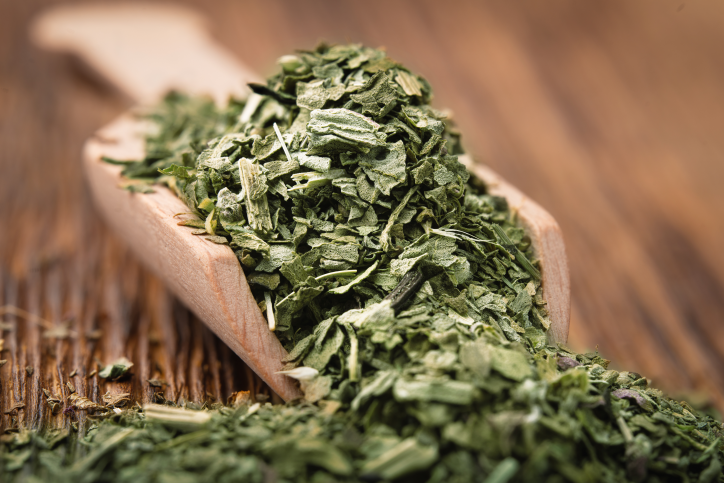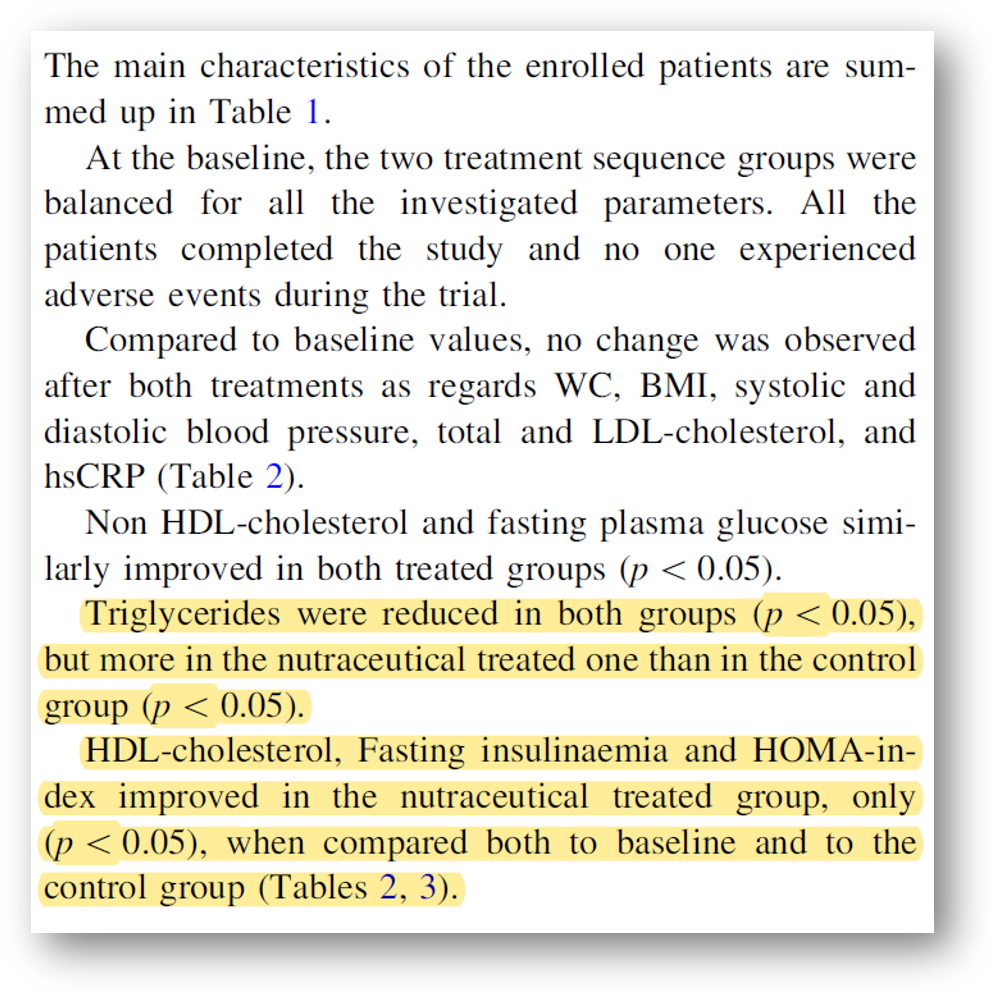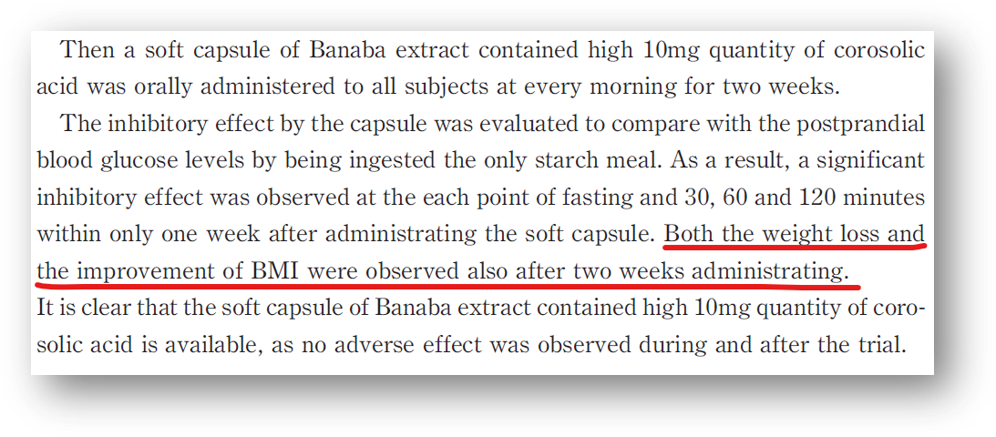Introducing banaba leaf for blood sugar control.
1. Reduces blood sugar
2. Reduces triglycerides and increases
HDL cholesterol
3. Weight loss

Hello. I'm a pharmacist Jinny.
Recently, there seems to be a significant increase in interest in blood sugar management among men and women, regardless of age. Middle-aged and elderly diabetics, as well as those who are relatively indifferent to blood sugar in 2030, are trending around with phrases like glycemic index, blood sugar spikes, and glycemic diets. It is not unrelated to the fact that low-sugar, sugar-free products such as 'Zero Coke' and 'Zero Ice Cream' are appearing on the market one after another. Therefore, today we would like to introduce you to banaba leaf extract, which can help manage blood sugar.
Banaba is a tree native to Southeast Asia and its leaves have long been used in folk medicine to relieve symptoms associated with diabetes. The benefits of banaba leaf come from a compound called corosolic acid. Studies have shown that corosolic acid helps the absorption of glucose from the blood into cells, which inhibits the rise in blood sugar after meals and prevents rapid changes in blood sugar. As a result, banaba leaves are now widely used as a dietary supplement for blood sugar control in Korea and around the world. Now, let's take a closer look at the benefits of banaba leaves through several papers.
Earlier, I mentioned that banaba leaves suppress the rise in blood sugar after eating. How does this happen? The carbohydrates we eat are converted into glucose, which is an essential source of energy for cells in the body. The proteins that carry this glucose are called glucose transporters (GLUTs).
There are many different types of GLUTs, especially GLUT4, which is present in muscle and fat cells, which plays a role in suppressing the rise in blood sugar after eating. When insulin binds to insulin receptors on the surface of muscle and fat cells, GLUT4 is expressed, which transports glucose from the blood into the cells, lowering blood sugar levels in the process.
Corosolic acid activates GLUT4 to help glucose be better absorbed by cells. In fact, a 2003 clinical trial published in the Journal of ethnopharmacology showed that 56 patients with type 2 diabetes who were given 32 mg and 48 mg of banaba leaf extract orally daily for 2 weeks significantly reduced their blood sugar [1].

"Banaba leaf extract (Glucosol™) was shown to significantly reduce blood glucose levels at daily doses of 32 mg and 48 mg for two weeks."
Studies continue to show that banaba leaves help regulate blood sugar, as well as help manage triglycerides and cholesterol. Triglycerides are a type of fat in the body, and when blood levels are too high, the risk of diseases related to metabolism, such as obesity, high blood pressure, and fatty liver, increases.
Cholesterol is divided into HDL cholesterol and LDL cholesterol. The higher the HDL cholesterol, the better, because it is responsible for transporting cholesterol that builds up on the walls of blood vessels to the liver and prevents atherosclerosis. On the other hand, LDL cholesterol causes excessive cholesterol buildup in blood vessel walls, which increases the risk of atherosclerosis and heart disease. Blood cholesterol levels are also affected by triglycerides. High levels of triglycerides promote the breakdown of HDL cholesterol and increase LDL cholesterol, which is bad for blood vessel health, which increases the risk of various cardiovascular diseases.
A 2017 study in High Blood Pressure & Cardiovascular Prevention showed that 40 adults with impaired fasting glucose who took 250 mg of banaba leaf extract daily for 8 weeks reduced triglycerides and increased HDL cholesterol [2].

"Triglycerides decreased in both groups, but more in the group treated with nutraceuticals (banaba leaf extract) than in the control group. HDL-cholesterol, fasting insulinemia, and HOMA index (an indicator of insulin resistance) improved only in the nutraceutical-treated group compared to both baseline and control."
Recently, it is easy to find diet supplements that contain banana leaf extract on the market. This is because bananas may also contribute to some fat loss. In particular, banaba leaves are known to help secrete adiponectin, a type of lipolytic hormone.Adiponectin is a hormone secreted by fat cells that is involved in glucose and carbohydrate metabolism and burns fat in the liver and muscles for energy.
Therefore, people with high levels of adiponectin in their bodies have a higher rate of converting fat into energy even when they are still, so people who do not gain weight, but those with low levels of adiponectin gain weight easily and have an increased risk of becoming obese.
A 2006 study in the Journal for the Integrated Study of Dietary Habits showed that 12 adult men and women who were given banaba extract containing corosolic acid daily for two weeks increased adiponectin secretion, improved weight loss, and improved body mass index [3].

"Weight loss and BMI improvements were also observed after two weeks of banaba extract."
Today, we have examined the benefits of consuming banaba leaf extract through various papers. The corosolic acid component of banaba leaf extract promotes the secretion of GLUT4, which has the effect of suppressing the rise in blood sugar after meals, and protects blood vessel health by reducing blood triglycerides. It also stimulates the release of a hormone called adiponectin, which helps with fat and weight loss.
Although banaba leaf extract offers several health benefits, its consumption is not recommended for pregnant and lactating women due to insufficient information on its safety. It also has a blood sugar-lowering effect, so if you are already taking medications that have a blood sugar-lowering effect, we recommend that you consult a healthcare professional before taking them.
I hope you have a healthy day in body and mind. It was Jinny.
[1] Judy, W. V., Hari, S. P., Stogsdill, W. W., Judy, J. S., Naguib, Y. M., & Passwater, R. (2003). Antidiabetic activity of a standardized extract (Glucosol) from Lagerstroemia speciosa leaves in Type II diabetics. A dose-dependence study. Journal of ethnopharmacology, 87(1), 115–117.
[2] Cicero, A., Fogacci, F., Morbini, M., Colletti, A., Bove, M., Veronesi, M., Giovannini, M., & Borghi, C. (2017). Nutraceutical Effects on Glucose and Lipid Metabolism in Patients with Impaired Fasting Glucose: A Pilot, Double-Blind, Placebo-Controlled, Randomized Clinical Trial on a Combined Product. High blood pressure & cardiovascular prevention : the official journal of the Italian Society of Hypertension, 24(3), 283–288.
[3] Satomi Tsuchibe, Seigo Kataumi, Masaki Mori, Haruki Mori, An inhibitory effect on the increase in the postprandial blood glucose by Banaba extract capsule enriched corosolic acid, Journal for the Integrated Study of Dietary Habits, 2006, Volume 17, Issue 3, Pages 255-259.



![[CoQ10 Efficacy] 3 Effects of CoQ10 to Prevent Free Radicals, the Main Cause of Aging](http://esther-mall.com/cdn/shop/articles/2_c6871298-563e-4f40-8006-7b0f46147d63.jpg?v=1733983067&width=480)
![[Propolis Benefits] 3 Benefits of Propolis, a Natural Antimicrobial Agent Made by Bees](http://esther-mall.com/cdn/shop/articles/4_3874eadd-89eb-4d29-bcf2-d1bd0651ceb9.jpg?v=1733986901&width=480)
Comments (0)
There are no comments for this article. Be the first one to leave a message!